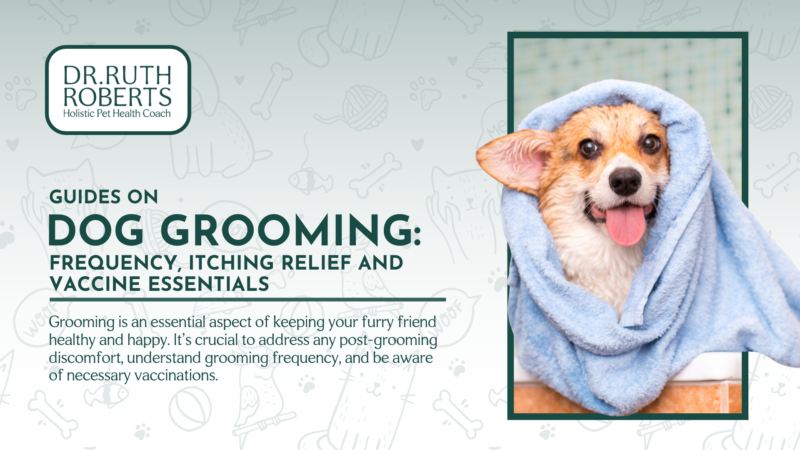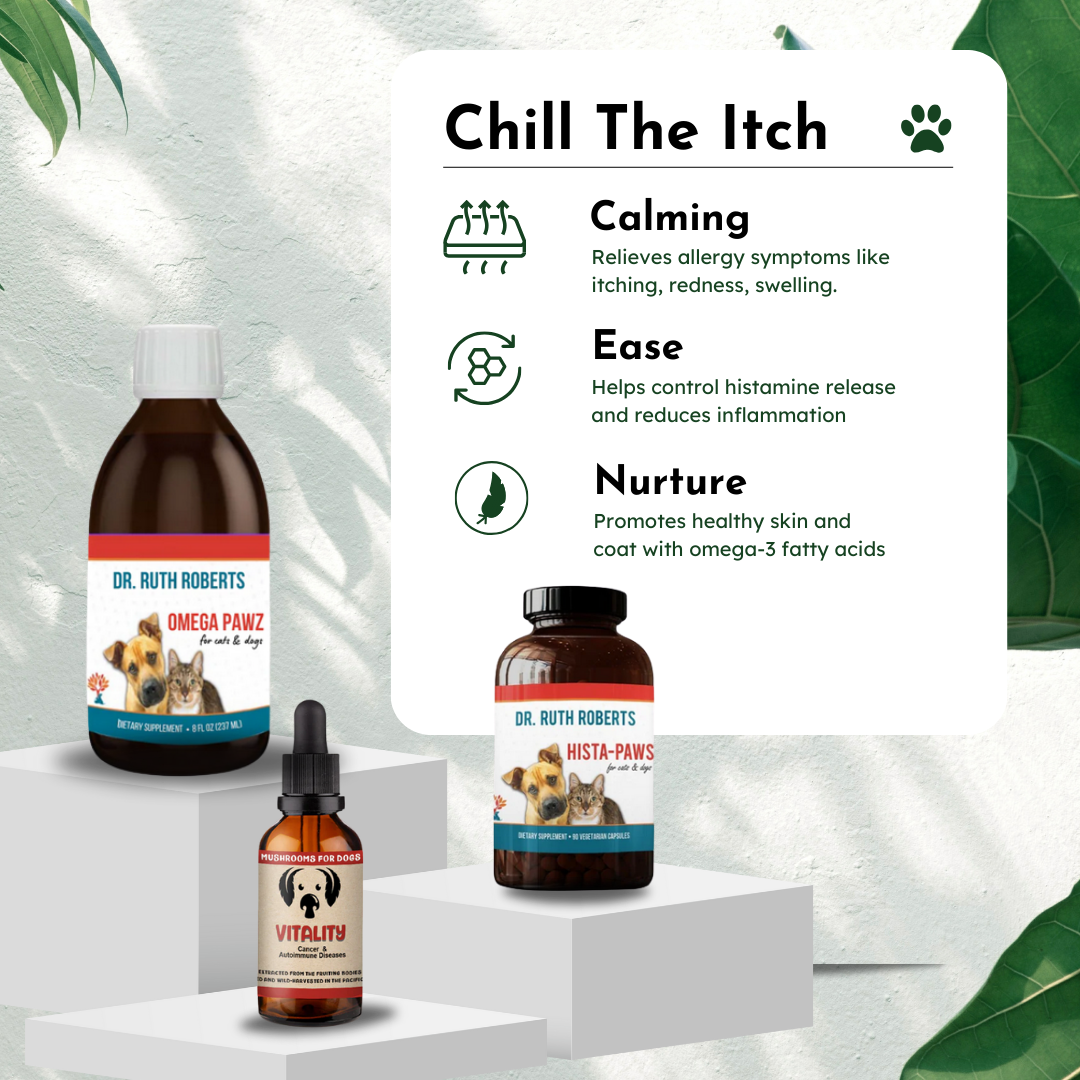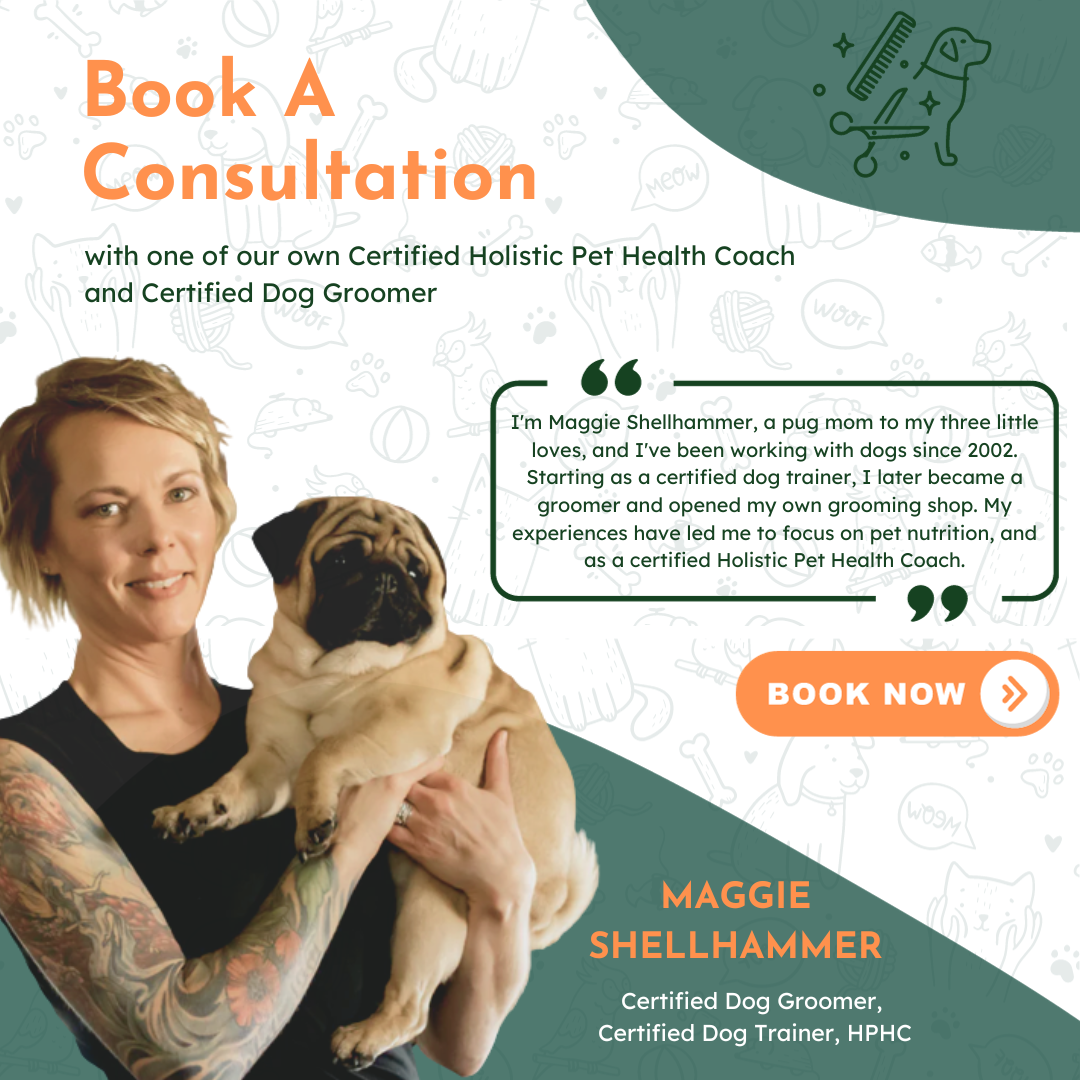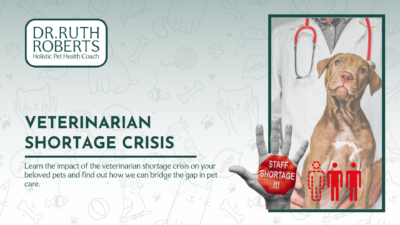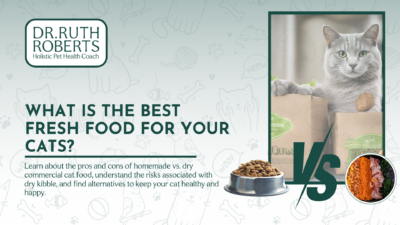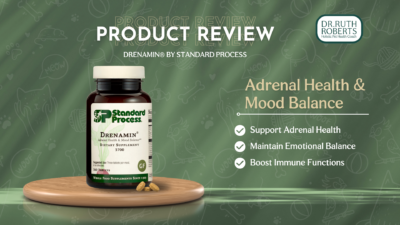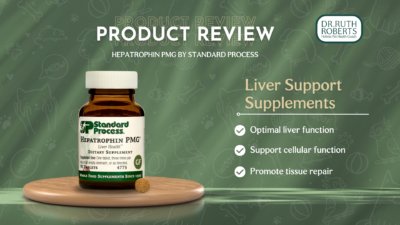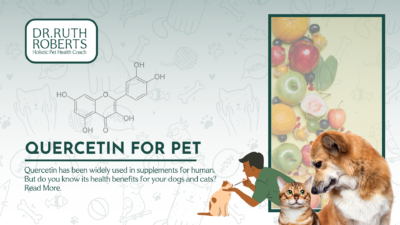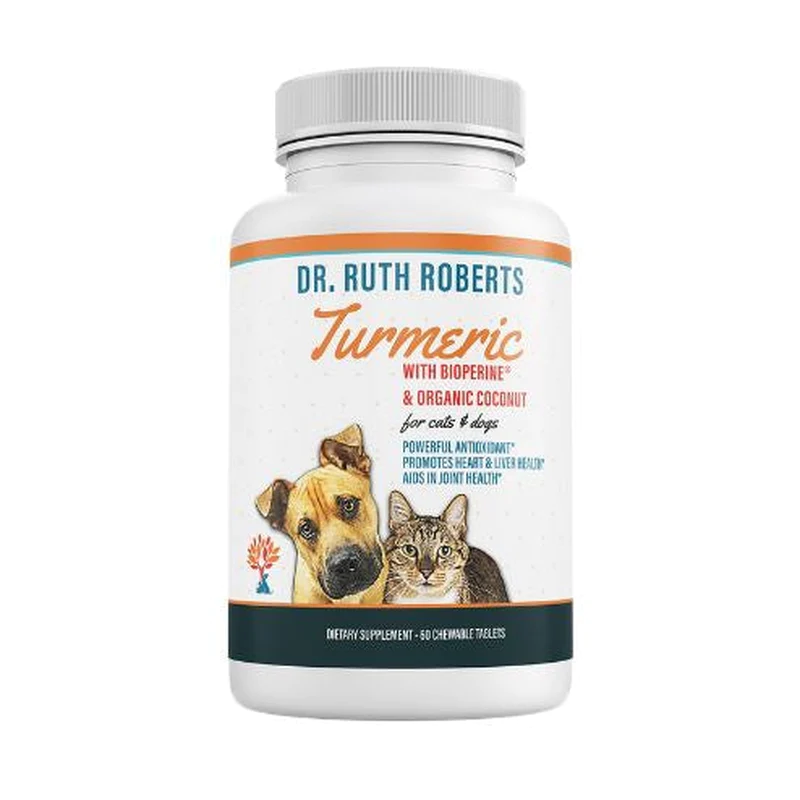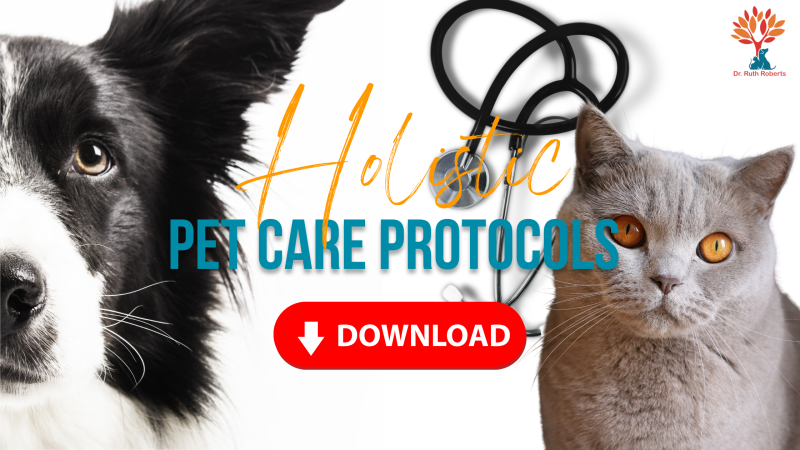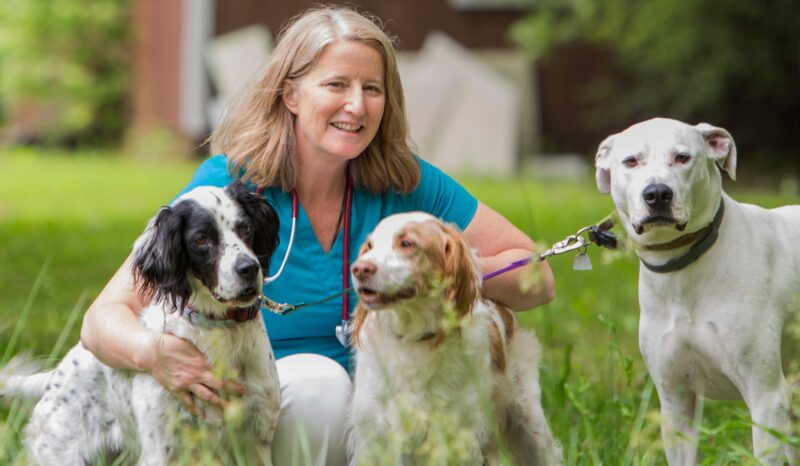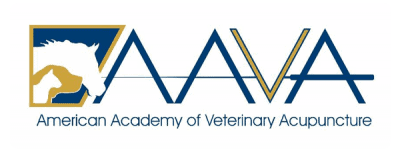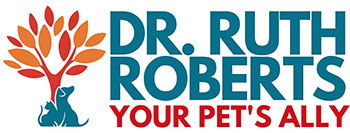Dog Grooming: Frequency, Itching Relief and Vaccine Essentials
Grooming is an essential aspect of keeping your furry friend healthy and happy. While it enhances their appearance and comfort, it’s crucial to address any post-grooming discomfort, understand grooming frequency, and be aware of necessary vaccinations. In this blog, we’ll explore how to relieve dog itching after grooming, how often you should take your dog to the groomer, and the vaccines your dog needs to ensure a safe and pleasant grooming experience. Grooming encompasses not only cutting the hair, but also includes bathing, trimming the nails, and, if necessary, expressing anal glands.
How to Relieve Dog Itching After Grooming
After a grooming session, it’s not uncommon for dogs to experience itching due to various factors. Here’s how you can provide relief:
Check for Irritants. Examine the skin for any signs of irritation, redness, or rash. Ensure that no grooming products or tools have caused an allergic reaction.
Use Hypoallergenic Products. If your dog has sensitive skin, use natural and hypoallergenic grooming products. Avoid scented shampoos or products that could trigger irritation.
Oatmeal Bath. An oatmeal bath can help soothe itchy skin. Use an oatmeal-based pet shampoo or make a paste with water and apply it to your dog’s coat, then rinse thoroughly.
Cool Water or Apple Vinegar Rinse. Gently rinse your dog with cool water to soothe the skin. Avoid hot water as it can exacerbate itching. You can also consider an Apple Cider Vinegar (ACV) rinse. Mix 2 oz ACV with half a gallon of water. Apply and leave on for added relief.
Moisturize. Apply a hypoallergenic moisturizer or coconut oil to hydrate the skin and reduce itching.
Avoid Over-Grooming. Sometimes, excessive grooming can cause irritation. Allow some time between grooming sessions to let the skin recover.
Check for Fleas and Ticks. Ensure your dog is protected against fleas and ticks, as their bites can lead to itching. Consult your vet for appropriate preventive measures.
Consider Diet. Sometimes, dietary allergies can contribute to skin issues. Consult your vet about your dog’s diet.
Prevent Scratching. If your dog is scratching excessively, consider using an Elizabethan collar (cone) to prevent further irritation.
Remember, if the itching persists or worsens, consult your veterinarian, or a Holistic Pet Health Coach. It could be due to an underlying skin condition or allergy. They can provide proper guidance based on your dog’s individual needs.
How Often Should You Take Your Dog to The Groomer?
The frequency of grooming visits for your dog depends on several factors, including their breed, coat type, lifestyle, and individual needs. Here’s a general guideline to help you determine how often your dog should visit the groomer:
Long-Haired Breeds: Dogs with long, dense coats, such as Afghan Hounds, Shih Tzus, and Poodles, often require more frequent grooming. Aim for grooming every 4 to 8 weeks to prevent matting and maintain a healthy coat.
Short-Haired Breeds: Short-haired breeds, like Boxers, Beagles, and Labrador Retrievers, typically require less frequent grooming. Grooming every 8 to 12 weeks can help keep their coat clean and healthy.
Coat Type: Consider your dog’s specific coat type. Breeds with double coats, such as Huskies and German Shepherds, may require seasonal shedding treatments during shedding periods.
Activity Level: Active dogs that spend a lot of time outdoors might need more frequent grooming to remove dirt, debris, and tangles from their coat.
Health Considerations: Dogs with certain health conditions, like skin allergies or skin folds, might benefit from more frequent bathing to maintain hygiene and prevent discomfort.
Personal Preference: Your personal preference for your dog’s appearance can also influence grooming frequency. Some owners prefer a well-groomed look all year round.
Regular Brushing: Regular brushing between grooming appointments is essential for all dogs. Brushing helps prevent tangles, reduces shedding, and keeps the coat healthy. The more consistently you brush, the less frequent professional grooming might be necessary.
Consultation with a Professional: Consult with a professional groomer or your veterinarian for personalized advice based on your dog’s specific needs. They can provide recommendations tailored to your dog’s breed, coat, and overall health.
There’s no one-size-fits-all answer to how often you should take your dog to the groomer. Assess your dog’s coat, breed, and lifestyle, and consult with grooming professionals to create a grooming schedule that promotes their well-being and keeps them looking their best.
What Vaccines Do Dogs Need For Grooming?
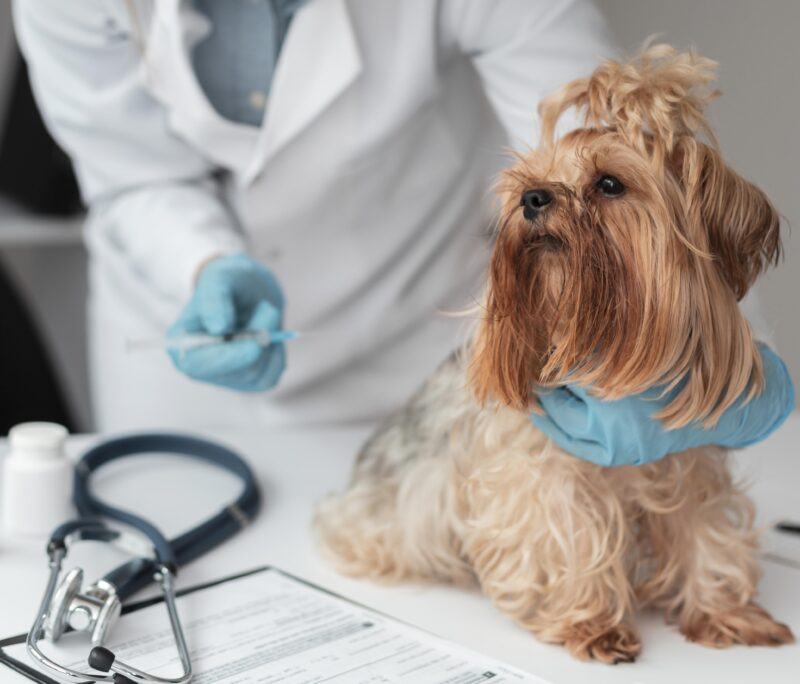
When it comes to grooming your dog, there are a few core vaccines that are generally recommended to ensure the safety and health of both the dogs being groomed and the groomers themselves. However, please note that specific vaccine requirements may vary based on factors such as your location, the grooming facility’s policies, and the individual health needs of the dog. Here are some common vaccines that are often recommended:
Rabies Vaccine: The rabies vaccine is typically required by law in most places due to its importance in preventing this fatal disease. Dogs should be up-to-date on their rabies vaccination before visiting grooming facilities.
Distemper Combination Vaccine (DHPP): This vaccine covers several diseases, including distemper, adenovirus (hepatitis), parvovirus, and parainfluenza. Keeping dogs protected against these diseases is important, especially in areas where they are prevalent.
Bordetella Vaccine: Also known as the kennel cough vaccine, this is often recommended for dogs that come into contact with other dogs in environments like grooming salons, boarding facilities, or dog parks. It helps protect against certain respiratory infections. Make sure the intranasal or oral form is given. Kennel cough typically requires annual renewal due to its limited duration.
Canine Influenza Vaccine: This vaccine protects against canine influenza, which is a contagious respiratory disease. It’s particularly important for dogs that are in close contact with other dogs.
Leptospirosis is a bacterial infection that can be transmitted through contact with contaminated water sources. Dogs that are groomed in areas where leptospirosis is a concern might be recommended to have this vaccine.
In addition to these common vaccines, it’s worth considering titer testing, a blood test that assesses your pet’s antibody levels against specific viruses. Many facilities accept this as proof of protection.
Remember that the grooming facility you choose might have specific vaccine requirements for dogs using their services. Always check with the facility in advance to ensure you meet their vaccination criteria. Regular vaccination not only keeps your dog safe but also helps maintain a healthy environment for all the dogs at the grooming facility.
FAQ on Dog Grooming Guide
What are the signs of a skin allergy after grooming?
Signs include excessive scratching, redness, rashes, or irritation. Allergies could be triggered by grooming products or tools.
Can a lack of grooming lead to health problems in dogs?
Yes, neglecting grooming can result in matting, skin infections, and discomfort. Regular grooming is essential for maintaining your dog’s well-being.
Can I groom my dog at home or should I use a professional groomer?
Both options are valid. Home grooming requires proper tools and knowledge. A professional groomer can ensure thorough and safe grooming.
How can I make grooming a positive experience for my dog?
Gradually introduce grooming tools, offer treats and praise, and maintain a calm atmosphere. Positive associations will make grooming enjoyable for your dog.

